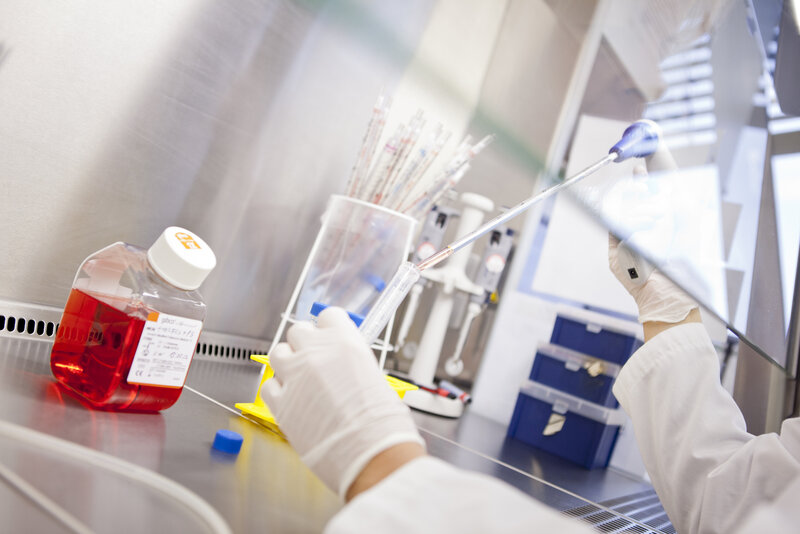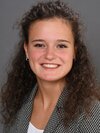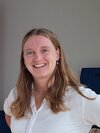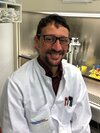Arbeitsgruppe Gastrointestinale Onkologie

Die wissenschaftliche Arbeit von Herrn Prof. Dr. Michael Quante beschäftigt sich mit der Pathogenese des Barrett Ösophagus (BE) und dem daraus entstehenden Adenokarzinom des Ösophagus (AEG), eine Erkrankung mit einem hohen Potential für neue präventive Überwachungsstrategien.
Seine Arbeitsgruppe konnte das bislang einzige genetische Mausmodell für diese Erkrankung generieren und konnte zeigen, dass das Microenvironment eine maßgebliche Rolle bei der Pathogenese dieser Erkrankung spielt und der Ursprung von BE und AEG im Magen und nicht wie zuvor angenommen im Ösophagus zu suchen ist. Dies bedeutet eine Änderung für das Verständnis dieser Erkrankung und leitete einen für die Patientenversorgung sehr wichtigen Paradigmenwechsel mit Auswirkungen auf Diagnostik, Überwachungsstrategien und Therapie ein.
Der aktuelle Fokus der Arbeitsgruppe liegt in der Prävention der Erkrankung und einer sinnvollen Überwachungsstrategie für Patienten mit Barrett Ösophagus oder anderen Risikofaktoren für ein Ösophaguskarzinom.
Research Topics
Our laboratory is focusing on a translational research approach on Barrett's Esophagus and esophageal adenocarcinoma, and the impact of gastrointestinal stem cells on inflammation induced carcinogenesis. We are working to facilitate the clinical realization of basic science principles in order to improve the care and treatment of esophagus cancer patients and the surveillance of patients with Barrett's Esophagus.
Barrett’s Esophagus (BE) is a premalignant condition of the esophagus defined by replacement of the normal squamous epithelium in the esophagus by columnar epithelium, typically with intestinal metaplasia. The development of Barrett’s esophagus represents the initial step in the histopathologic progression to low grade dysplasia, high-grade dysplasia, and esophageal adenocarinoma (EAC). The incidence of EAC, which comprises both esophageal and junctional origin, has increased at a rate of 4 to 10 % annually, an increase greater than that of any other cancer. BE and EAC are strongly associated with gastroesophageal reflux disease (GERD), and BE is present in 10 % of patients referred for GERD. GERD is thought to induce a chronic inflammatory condition of the esophagus known as reflux esophagitis, and thus chronic inflammation is thought to be one of the primary mediators of both BE and EAC. The link between inflammation and cancer is now well established, and while the mechanism is not been completely understood, it is clear that inflammatory cells release a variety of mediators that together establish an inflammatory and pro-carcinogenic microenvironment.
EAC is rapidly rising in the Western World and now accounts for at least 2 % of all cancer-related deaths, but does not develop in every patient with BE, and only over decades through progression through a sequence metaplasia to low-grade/high-grade dysplasia and carcinoma. A major limitation to the study of EAC in the past has been the absence of trackable and genetically modifyable models of BE. During my postdoc I developed the L2-IL-1b transgenic mouse model of BE and EAC. The Lab will further validate the pathogenesis of BE and EAC. Knowledge about the origin of BE and pathways driving its progression will be valuable for BE diagnosis as well as the development of novel therapies for the prevention of BE and EAC.
- aktuellW3 Professur für Gastrointestinale Onkologie, Universitätsklinikum Freiburg
- 2011-2020Gruppenleiter, Klinikum rechts der Isar, Technische Universität München
- 2011 – 2018Max-Eder Nachwuchsgruppenleiter der Deutschen Krebshilfe, Technische Universität München
- 2010u2009–u20092011Senior Research Scientist, Irvine Cancer Research Centre, Columbia University
- 2008u2009–u20092010Krebshilfe Stipendium, Irvine Cancer Research Center, Columbia University (Labor: Timothy C. Wang, Chief Department of Digestive and Liver Diseases)
Group Members
Labor: +49 761 270 36481
Büro: +49 761 270 32762

Dr. Lioba Klaas
Assistenzärztin, Clinician Scientist

M.Sc. Public Health, PhD student

M.Sc. Immunologie, PhD student

M.Sc Immunologie




Dr. rer. nat.

M.Sc. Biologie, PhD student

M.Sc. Biologie, PhD student

M.Sc Biomedical Sciences, PhD Student

M.Sc Biomedical Sciences, PhD Student



M.Sc. Pharmaceutical Sciences, PhD student

Medizinische Technologin Veterinärmedizin, Labormanagement

Medizinische Technologin Laboratoriumsanalytik

